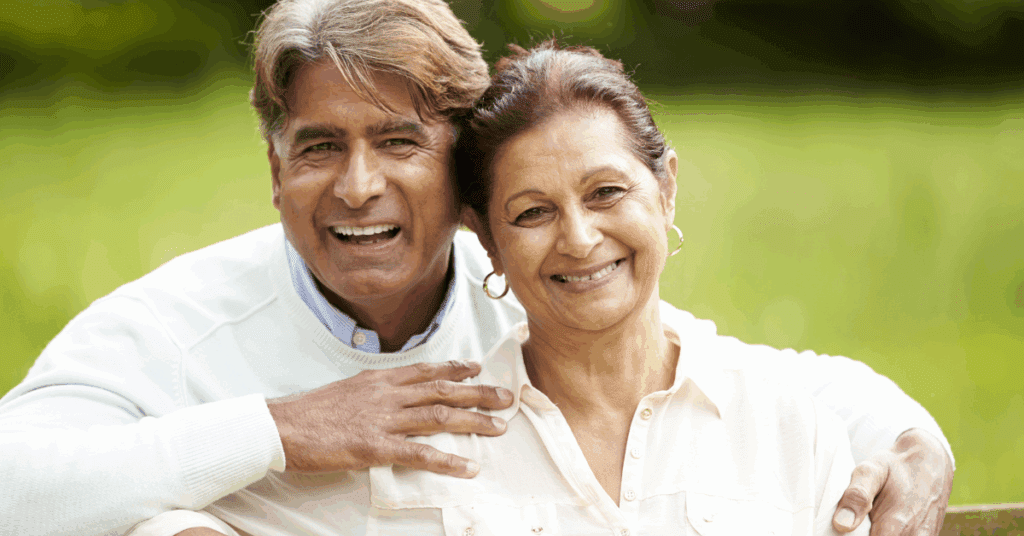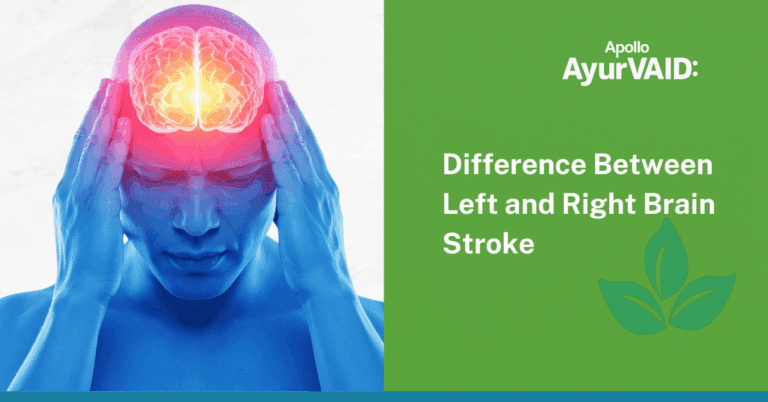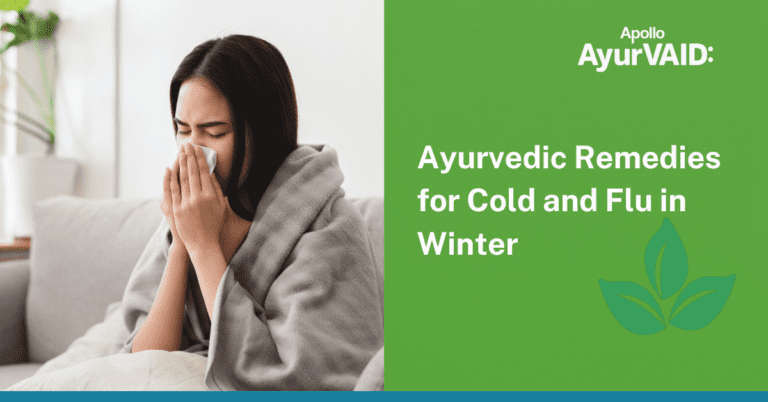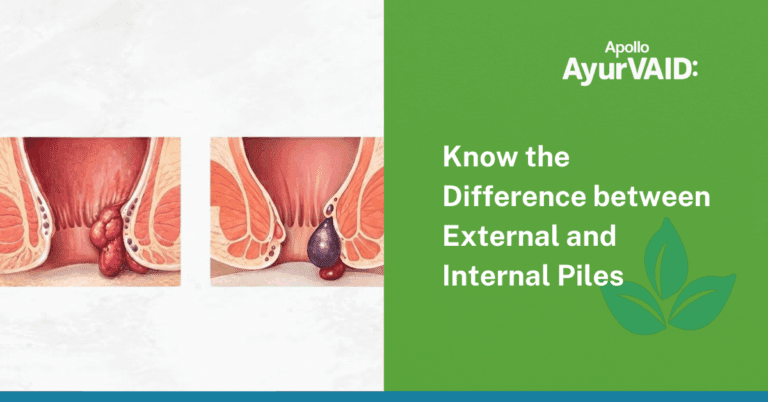Introduction
Growing older is not a problem to be solved but a phase to be honoured. If you are reading this because you care for an older parent, grandparent or patient, you should know that your concern and love matter as much as medicine. On this International Day of Older Persons on Oct 1, we celebrate lives lived, stories told, and the quiet courage of those who have walked before us.
This year’s United Nations theme, “Older Persons Driving Local and Global Action: Our Aspirations, Our Well-Being, Our Rights,” reminds us that elders are agents—not merely beneficiaries of healthier communities. Ayurveda, especially the Jarachikitsa/Rasayana branch, offers time-tested tools to maintain dignity, functional independence, and mental balance through diet (ahara), lifestyle (vihara), and targeted rejuvenation (rasayana).
Why Ayurveda fits the aims of the International Day for the Elderly
Ayurveda treats ageing as a natural phase (Vriddhavasta) shaped largely by predominant dosha imbalance—typically an increase in Vata with a relative decline of the lubricating and nourishing qualities of Kapha and Pitta. The focus is simple: support digestion (agni), nourish tissues (dhatus), calm the mind (manas), and protect ojas (vital resilience). Classical texts and contemporary integrative research both point to rasayana (rejuvenation) approaches and lifestyle medicine as core strategies for healthy ageing.

Practical Daily Plan
The following recommendations are specific and grounded in Ayurveda principles, which can be followed to maintain health during old age. Use them as a foundation and adapt for individual health conditions.
- Food (ahara) — easy to digest, nourishing, ojas-building
क्षीर घृताभ्यासो रसायनानाम्- Charaka Sutrasthana, 25/40.
Daily intake of ghee and milk is the best anti-ageing remedy – Best Rasayana.
For this practice to be done, one has to have good digestive strength—Agni. If one has excellent digestive strength, milk and ghee will nourish and rejuvenate all body tissues.
Time to take: For people seeking sound sleep, a cup of warm milk with ghee is good to take at night, before or after food.
For people seeking weight gain, it can be taken two to three times a day.
People with nasal congestion, colds, and coughs with sputum may feel their symptoms worsen if they take it at night. For them, this remedy can be taken in the afternoon.
People with neurological disorders and joint disorders can take this remedy in the evening hours.
Other food choices include
- Warm khichadi (moong dal + rice) with a teaspoon of ghee and a pinch of cumin; gentle on agni and easy to absorb.
- Include cooked vegetables, small portions of well-cooked lentils or soft fish and eggs if you are non-vegetarian, chapati made from whole grains, and a serving of steamed greens.
- Include cow’s milk with a pinch of turmeric or a small spoon of ghee (if sugar and diabetes status allow) in the morning—classical ojas-builders that support immunity and vitality.
- You can enjoy soaked almonds (4–6) that have been peeled, a small banana, or warm spiced milk.
- Avoid cold/raw salads, heavy fried foods, and large late-night meals. The principle: favour ushna, snigdha, and madhura (warm, unctuous, mildly sweet) qualities to pacify Vata.
NOTE: The above recommendation is for a healthy person. People suffering from digestive disorders and metabolic disorders should consult a doctor before starting any of these practices.
- Daily routine (Dinacharya) — gentle structure heals
- Wake and sleep early. Maintain regular meal times to stabilise digestion.
- Daily self-oil massage (Abhyanga) with warm sesame or medicated oil for 10–15 minutes before bath to reduce dryness and stiffness.
- Short, regular walks (15–30 minutes) or chair-based strengthening to preserve muscle mass and balance.
- Simple pranayama and 10 minutes of guided meditation to support cognition and mood.
- Rejuvenation and targeted therapies (Rasayana & Panchakarma)
- For systemic rejuvenation, individualised Panchakarma (especially Abhyanga, Swedana, Dhara, and Vasti) can help restore tissue pathways.
Common Concerns of Old Age
Some problems tend to come up more often as the elder crosses the Vriddhavastha (old age). Ayurveda does offer a soothing treatment for the underlying ailments:
- Pain and Stiffness in Joints: To relieve pain and restore movement in joints, medicated oil or even sesame oil should be applied.
- If you have indigestion, bloating, and constipation: Drinking warm milk or warm water with ghee at night and early dawn will aid the easy evacuation and help with bloating by increasing gut motility. Avoid milk if you are suffering from indigestion or IBS. Buttermilk seasoned with asafoetida, cumin, and ginger can prevent bloating. Avoid sleeping soon after having your food.
- Urine incontinence: Consume bananas, berries, coconut, leafy greens, cucumbers in your diet.
- Memory loss & reduced concentration: धी धृति स्मृति काङ्क्षिभिः शस्यते घृतम्
Ghee is praised and recommended for those who desire to improve their intelligence, retention, and memory. It is a Medhya substance, which promotes brain health and enhances cognitive functions.
- Sleep disturbances: Oil massage to the foot (padabhyanga), a gentle stroll after dinner, drinking warm milk with ghee can be practised
- Bone weakness & fatigue: Consuming healthy fats and lubricating the joint and body regularly with oil massage improves bone density, strength, and vitality.
Apollo AyurVAID’s Commitment to Senior Health
At Apollo AyurVAID, we meet ageing with empathy and a practical, whole-person plan — one that combines classical Ayurveda principles with modern diagnostics so older people feel seen, safe, and supported.
We provide Ayurveda-led geriatric care, offering programmes that blend traditional knowledge with modern clinical practices. From structured bone and joint health programmes to memory-support therapies, we focus on root-cause solutions and preventive strategies.
Our vision for this International Day for the Elderly 2025 is to empower older persons to live with dignity, comfort, and vitality. We believe that ageing should not mean suffering—it should mean living fully, with wisdom guiding the way and health enabling every step.






